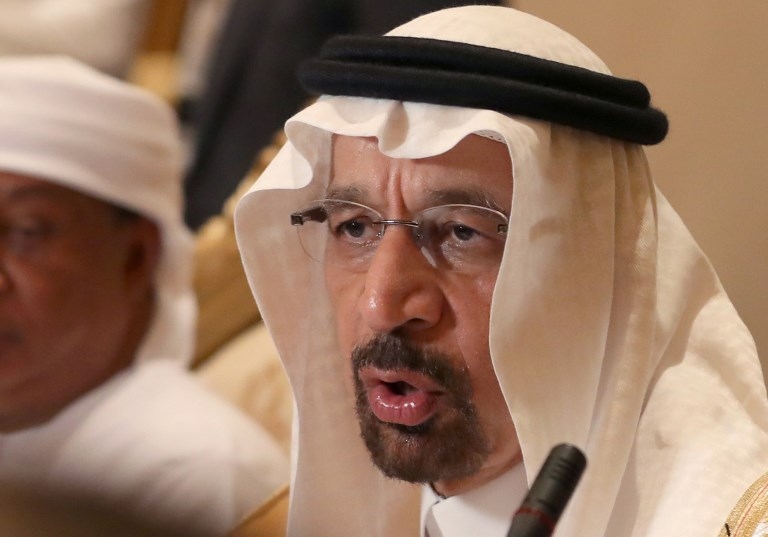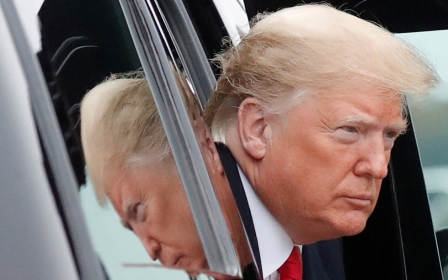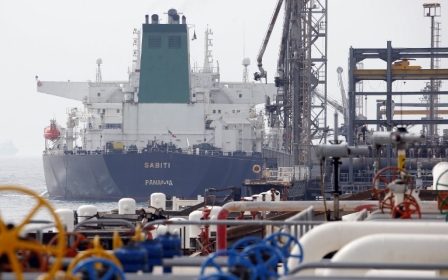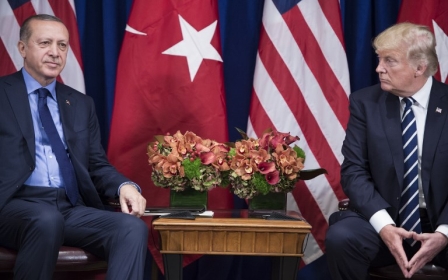Major oil producers foresee oversupply, edge closer to production cuts
Oil prices have shed a fifth of their value in one month since surging to four-year high in early October

Saudi Energy Minister Khalid al-Falih in meeting of Joint Ministerial Monitoring Committee in Abu Dhabi on Sunday (AFP)
Published date: 12 November 2018 10:45 GMT
|
Last update: 5 years 5 months ago
Stay informed with MEE's newsletters
Sign up to get the latest alerts, insights and analysis, starting with Turkey Unpacked
Middle East Eye delivers independent and unrivalled coverage and analysis of the Middle East, North Africa and beyond. To learn more about republishing this content and the associated fees, please fill out this form. More about MEE can be found here.




